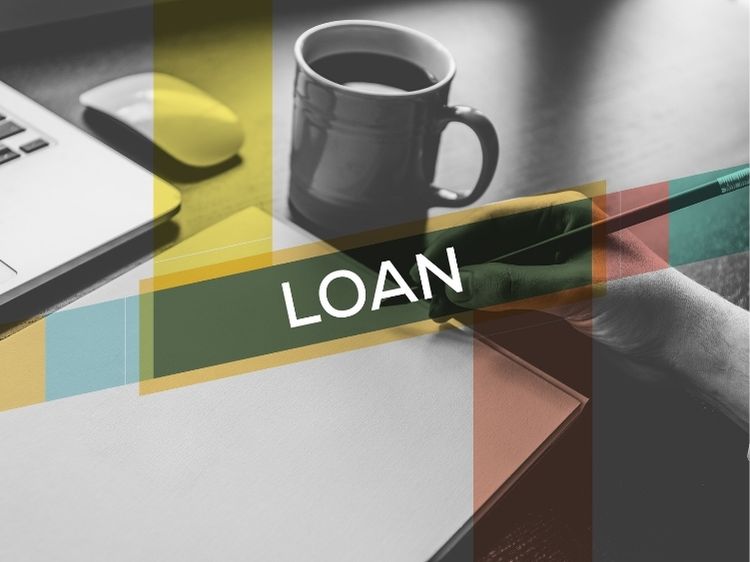What Is a DSCR Loan?
A DSCR loan, or Debt Service Coverage Ratio loan, is a type of financing primarily designed for real estate investors. Instead of relying on the borrower’s personal income to assess loan eligibility, this loan focuses on the income generated by the investment property. Sounds interesting, right? Let’s dive deeper!
Why Is DSCR Important in Real Estate Investing?
The Debt Service Coverage Ratio (DSCR) measures the property’s ability to generate enough income to cover its debt obligations. Lenders use this metric to assess whether a property is a viable investment.
- Formula for DSCR: DSCR=Net Operating Income (NOI)Total Debt PaymentsDSCR = \frac{\text{Net Operating Income (NOI)}}{\text{Total Debt Payments}}DSCR=Total Debt PaymentsNet Operating Income (NOI)
For example, if a property generates $100,000 annually in NOI and the total debt payments are $75,000, the DSCR would be:
DSCR=100,00075,000=1.33DSCR = \frac{100,000}{75,000} = 1.33DSCR=75,000100,000=1.33
A DSCR above 1.0 means the property earns enough to cover its debt payments, while a ratio below 1.0 indicates a shortfall.
How Does a DSCR Loan Work?
Here’s the kicker: lenders aren’t focused on your W-2s, tax returns, or personal income statements. Instead, they evaluate the property’s cash flow.
Key Features of a DSCR Loan:
- Property Income Focus: The loan is approved based on the rental income generated by the property.
- Flexible Eligibility: Borrowers with varying personal income situations, including self-employed individuals, often qualify.
- No Personal Income Verification: Unlike traditional mortgages, there’s no need to provide personal income documentation.
Benefits of a DSCR Loan
Why are DSCR loans a hot topic in real estate? Here’s why:
- Simplified Application Process: Forget about endless paperwork! Lenders focus solely on the property’s performance.
- Scalability: With DSCR loans, you can easily scale your investment portfolio since approval isn’t tied to your personal debt-to-income ratio.
- Flexible Use: Perfect for purchasing, refinancing, or cash-out refinancing for income-generating properties.
- High Loan Limits: DSCR loans often allow larger financing amounts compared to traditional mortgages.
Steps to Qualify for a DSCR Loan
Are you itching to know how to secure a DSCR loan? Here’s the step-by-step process:
- Identify the Property: Choose a property with strong income potential.
- Calculate DSCR: Make sure the DSCR is above the lender’s threshold, typically 1.2 or higher.
- Provide Property Details: Share information about the property’s income, expenses, and lease agreements.
- Prepare a Down Payment: DSCR loans typically require a down payment of 20-25%.
- Work with a Specialized Lender: Choose a lender experienced in DSCR loans to streamline the process.
Who Should Consider a DSCR Loan?
DSCR loans aren’t for everyone, but they’re a lifesaver for:
- Real Estate Investors: Those with multiple properties can avoid limitations tied to personal income.
- Self-Employed Borrowers: If your income varies or is hard to document, DSCR loans are a great alternative.
- Seasoned Landlords: These loans help expand portfolios without stressing over traditional income verification.
Common Misconceptions About DSCR Loans
- “DSCR Loans Are Only for Professionals”
Nope! While they’re popular among seasoned investors, even beginners can qualify with the right property. - “You Need a High DSCR to Qualify”
Most lenders require a DSCR of 1.2 or higher, but exceptions can be made for properties with high appreciation potential. - “DSCR Loans Are Expensive”
While rates might be slightly higher than traditional loans, the benefits—like scalability and flexibility—often outweigh the costs.
FAQs About DSCR Loans
- What does DSCR stand for?
DSCR stands for Debt Service Coverage Ratio, a key metric in real estate lending. - Can I qualify for a DSCR loan without a high credit score?
Yes! DSCR loans often have more lenient credit requirements than traditional loans, though a score of 620 or higher is typically preferred. - Are DSCR loans only for commercial properties?
Nope! They’re also available for residential investment properties, such as multi-family homes and single-family rentals. - What happens if my DSCR is below 1.0?
A DSCR below 1.0 might make it harder to qualify, but some lenders allow for exceptions if the property has high equity or significant potential. - Can I refinance with a DSCR loan?
Absolutely! DSCR loans are often used for refinancing existing properties to access equity or lower interest rates.
Tips for Securing a DSCR Loan
- Boost Property Income: Increase rental rates or reduce vacancies to improve DSCR.
- Lower Expenses: Minimize operating costs to maximize net income.
- Work with DSCR-Savvy Lenders: Choose lenders who specialize in investment property financing.
- Maintain Good Credit: While not the main factor, a decent credit score helps secure better terms.
Summary
A DSCR loan is a game-changer for real estate investors looking to expand their portfolios without the hassle of personal income verification. By focusing on the property’s income, these loans make it easier to secure financing for income-generating properties.
Whether you’re a seasoned pro or just dipping your toes into the real estate market, DSCR loans offer flexibility, scalability, and a simplified approval process.
Authoritative Links
- Understanding DSCR: https://www.investopedia.com/terms/d/debtcoverage.asp
- Real Estate Financing Options: https://www.nolo.com/legal-encyclopedia/real-estate-financing-options.html
- Tips for Real Estate Investors: https://www.realtor.com/advice/finance/
